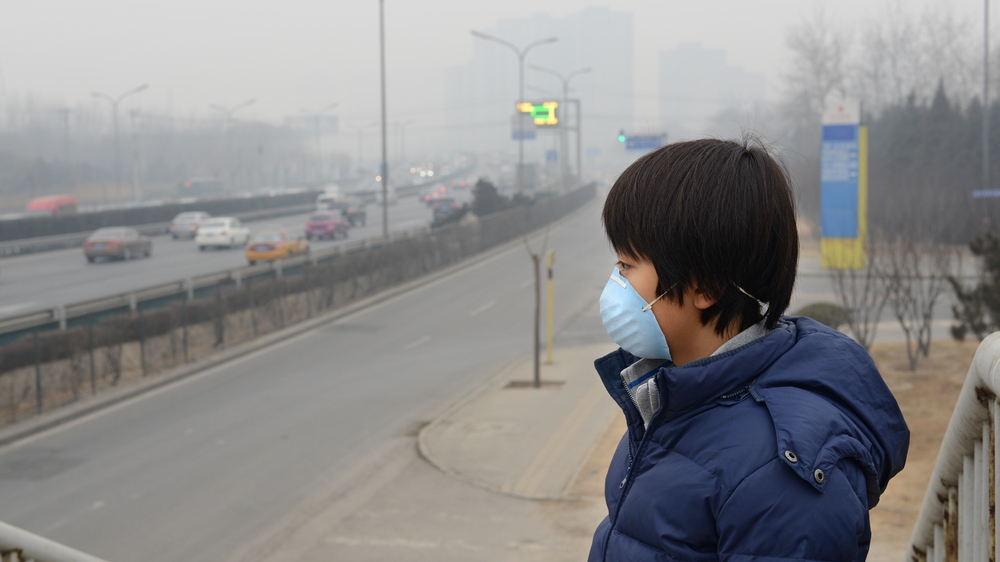INFORMATION FLUENCIES
What is Information Fluency?
"Information Fluency is the ability to unconsciously and intuitively interpret information in all forms and formats to extract the essential knowledge, perceive its meaning and significance and use it to complete real-world tasks." - Crockett, L; Jukes, I; and Charles, A. (2011). Literacy is not enough : 21st century fluencies for the digital age. USA:Crowin.
Students should gain these skills in order to develop their Information Fluency:
- They should fully understand each question before researching.
- They should always seek many resources for information and not rely only upon the Internet such as textbooks.
- Students should be able to collect and sort through information to be able to analyse and interpret the information.
- When finished they should use it and also share it.
Screenshot using Evernote:
Evernote can be used by both teachers and students to become more efficient in their daily lives and can save time using this digital tool. Evernote is a digital tool in which you can take notes, compile information to make a notebook, organise and share ideas.
There is a process to Information Fluency, this includes:
1)Ask - Ask the Questions.
2)Acquire - Research and Locate the information, using books or the internet.
3)Analyze - Compare all information gathered and use only what is accurate.
4)Apply - Use your knowledge and compile all the information necessary.
5)Assess

Related Learning Theory:
- Information Processing Theory: This is about the sequence and execution of cognitive events, it is a thinking process. Information fluency requires a thinking process to extract information.
My Question - What are the effects of pollution on the environment?My answer - The effects of air and water pollution on humans and the environment are as follows.
- Effects of Air Pollution in the region:
- Acidification- This is a chemical reaction which creates acidic compounds. For example if sulfuric acid combines with water it becomes acidic, this is commonly known as acid rain. Acid rain kills plants, tress, animals and humans if they come into contact with it.
- Ground Level Ozone - Chemical reactions with air pollutants create O3 gas which is toxic. It will affect health, vegetation and wildlife.
2. Some local effects of air pollution:
- Polluted air puts you at risk of respiratory diseases like asthma and bronchitis.
- Air pollutants are mostly carcinogens which can lead to cancer.
- High levels of particle pollution can lead to heart problems.
- Toxic chemicals are released and settle on plants and water and animals eat and drink these contaminated sources of food and then pass it on to us when we eat animals.
3. Global effects of air pollution:
- Climate change - Burning fossil fuels continually cause the earth to become hotter and this affects all life on earth.
- Ozone Depletion - This is caused by emissions of man-made chemicals for example chlorofluorocarbons. When the ozone layer started to disappear, it caused enhanced levels of UV rays to reach the earth's surface which can cause sunburn to humans and skin cancer.
- The following is a link to a video on Air Pollution by National Geographic:
 Effects of air pollution on humans.
Effects of air pollution on humans. 4. Effects of water pollution (Human Health):
- Pesticides in the water can cause damage to our nervous systems.
- Petrochemicals even with low exposure will cause cancer in the body.
- Lead and Arsenic can cause damage to the central nervous system as well as skin cancer and liver damage.
- Contamination of water sources causes cholera which many have died as a result of this.
5. Effects of water pollution (Habitats, Ecosystems) :
- Litter degrades recreational places such as beaches.
- Toxins from heavy metals are taken up by animals and plants and eventually into humans who eat them.
- Organic wastes can reduce the concentration of oxygen in water.
- Eutrophication also results in less oxygen where nutrients from fertilizers are run off into rivers and cause the aquatic plants to grow rapidly causing more oxygen to be used up.
- Oil spills cause death, suffocation and contamination to animals.
 Effects of littering on sea animals.
Effects of littering on sea animals.
Additional Information :
- Emissions from industries and manufacturing companies.
- Burning fossil fuels
- Household and farming Chemicals

What causes water pollution?
- Discharge of untreated aw sewage from companies and households.
- Dumping of chemicals into the water ways from companies.
- Oil spills
- Agricultural run offs into river, pesticides and fertilizers.
- Littering in rivers, streams and beaches by humans.

This picture shows an oil spillage where the oil is on fire; it represents air and water pollution in one tragedy.
References
- Crockett, L; Jukes, I; and Charles, A. (2011). Literacy is not enough : 21st century fluencies for the digital age. USA:Crowin.

I love the way you developed the assignment. You provided an example an example of the questions and the answer. However, it can be enhanced by showing how each step in the process was followed.
ReplyDeleteYou have omitted the theory link. See assignment guidelines. and make adjustments.
You have not submitted solution fluency